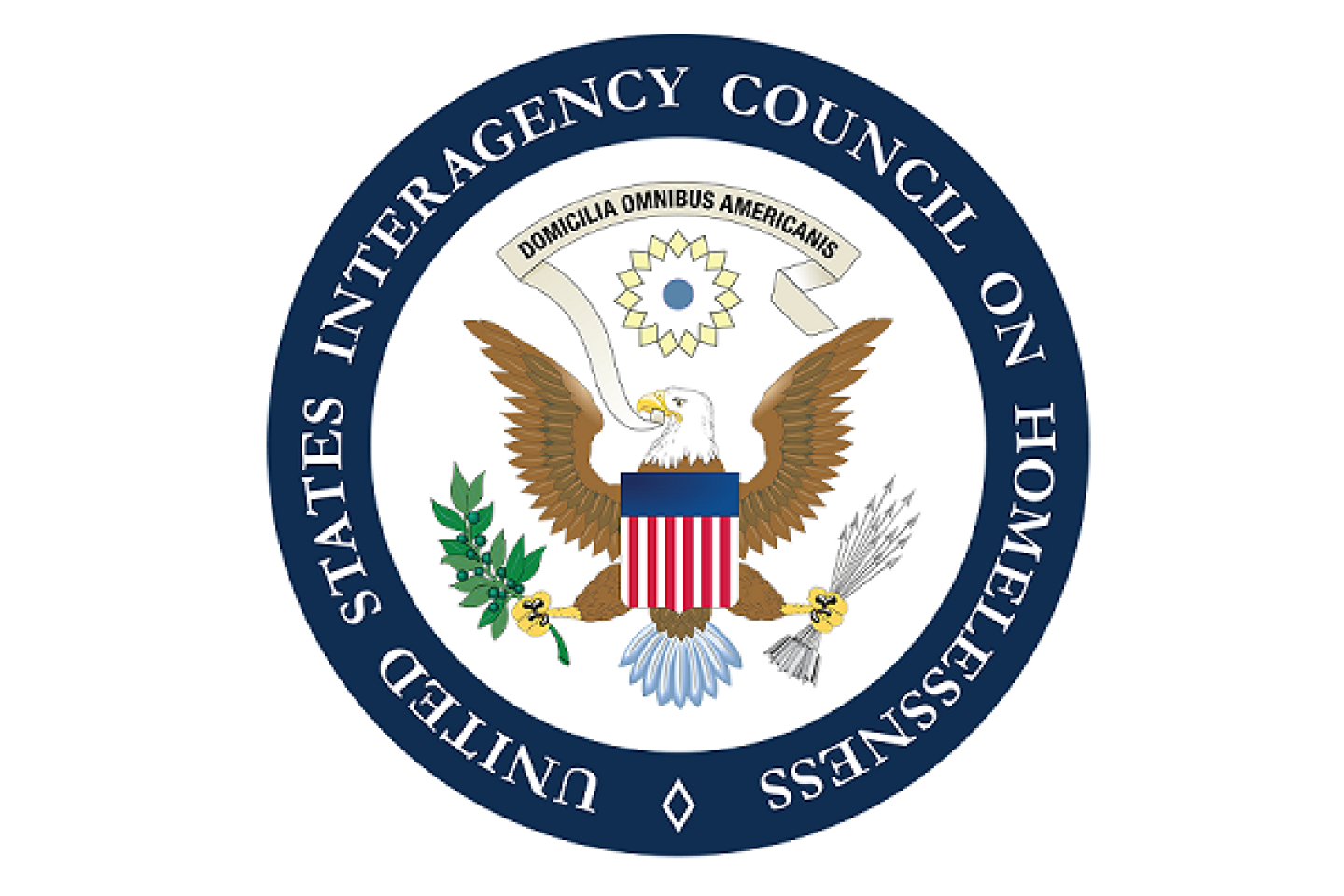‘Housing Is Health Care’: USICH Director Delivers Remarks to National Health Care for the Homeless Conference
This week, USICH Executive Director Jeff Olivet delivered remarks at the National Health Care for the Homeless Conference and Policy Symposium.
The conference is presented by the National Health Care for the Homeless Council and supported by the Department of Health and Human Services (HHS) Health Resources and Services Administration (HRSA), which is a member of USICH.
What follows is an excerpt of Director Olivet's prepared remarks:
"It is so good to be here with you all today. Being at this conference with so many of you over the past 25 years has been a great source of strength and connection for me since I joined the Health Care for the Homeless (HCH) movement in 1998 as a street outreach worker at Albuquerque Health Care for the Homeless.
...
One thing we know from decades of HCH work is that homelessness is deadly . Every year, far too many of our brothers and sisters die without homes. And every year, far too many of us read their names and light candles to remember them on the longest night of the year. I would like to commend you all for the life-saving work you do every day, and I would like to commend the council (HCH) and NCAB for your great leadership in shining a light on the mortality associated with homelessness.
When I joined the Biden-Harris administration a year and a half ago, I brought with me the deep belief, cultivated in rooms just like this one, that homelessness is a life-and-death public health crisis, and that to solve it, we must bring the same urgency, creativity, and compassion that we bring to any life-and-death public health crisis—a hurricane, a wildfire, a flood, or a global pandemic.
I also brought a deep belief that homelessness is solvable. The HCH movement taught me that “ housing is health care. ” I believed it when I first heard this phrase 20 years ago, and I still believe it today.
It was in this context that our amazing team at the U.S. Interagency Council on Homelessness (USICH) developed All In: The Federal Strategic Plan to Prevent and End Homelessness, which we released in December. All In strives for racial justice, acknowledging that homelessness disproportionately impacts people of color.
The plan centers the voice and the power of people with lived experience, knowing that only when people with lived experience are in leadership will we create meaningful and sustainable solutions.
And the plan goes upstream to prevent homelessness before it starts. To do that, we need to make sure health systems are at the table, along with education, child welfare, criminal justice, behavioral health, and other systems that have a critical role to play in identifying risk of homelessness and ensuring that housing subsidies and wrap-around supports are in place to stabilize people before the point of crisis.
This administration has committed to the work of ending homelessness, not just with words on a page but also with resources to back them up. Building on the historic investments of the last two years, the president’s budget for Fiscal Year 24 includes $22 billion in mandatory spending to guarantee housing vouchers for youth aging out of foster care and extremely low-income veterans. It also includes a plan to expand housing choice vouchers to 130,000 additional households. While we know this is only part of the picture, together, these proposals would create a pathway to finishing the work of ending veteran homelessness and ensuring that no young person—most of whom are youth of color and LGBTQ—ages out of foster care and into homelessness. In the process, this targeted approach will show that universal housing vouchers are possible.
The president’s budget proposes a 64% increase for the PATH program and a 23% increase for the folks right here in this room—Health Care for the Homeless programs .
We also need HCH programs at the table in communities across the country that are struggling to address the crisis of unsheltered homelessness and encampments. I believe that communities can and should address encampments head-on and that the most humane and effective way to do it is through public health, not law enforcement; through housing, not handcuffs.
We need to move with urgency, creativity, and compassion to address encampments because the status quo is not ok. People are living and dying every day on our streets in the throes of mental illness, addiction, medical crises, and deadly violence. Two weeks ago, when Jordan Neely was killed on a New York City subway car, when the life was choked out of him, we saw the worst of what can happen when we dehumanize one another, when we forget that everyone we see on the street, in a shelter, in an encampment, or on a subway train is a son, daughter, sister, brother, mother, father, friend.
When we forget one another’s humanity, we have failed as a society. But when we remember the full humanity of all those around us, we cannot help but succeed.
So look around. Take a moment to recognize and remember the full humanity of the person sitting next to you, the full humanity of every single person gathered together in this room today.
Look at our collective compassion. Look at our collective power. Look at the unstoppable impact of our collective work.
That’s right. Together, we are strong. Together, we cannot fail. Together, we will succeed in ensuring that everyone in this nation has access to the care and support they need and a safe place to call home."



